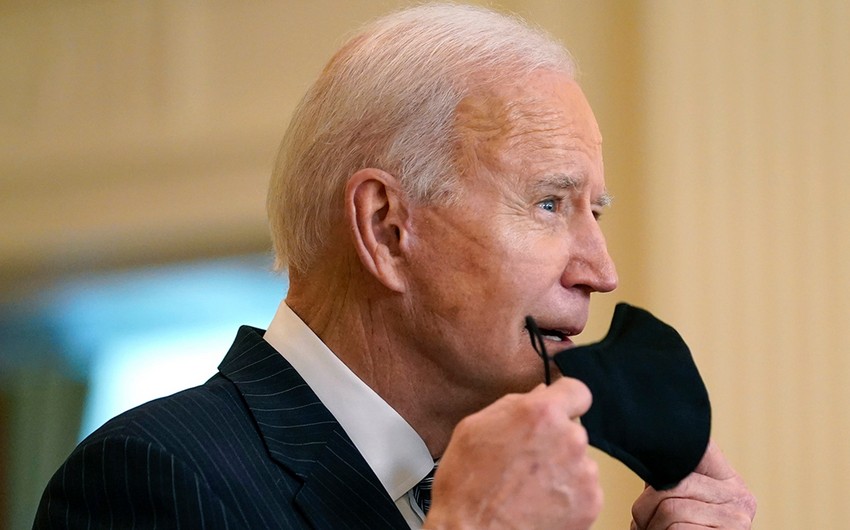President Joe Biden on December 15 signed the bill raising the debt limit ceiling that passed Congress earlier this week, according to the White House, Report informs referring to CNN.
Congress voted to raise the national debt limit by $2.5 trillion and extend it into 2023 after lawmakers raced to avert a catastrophic default ahead of a critical midweek deadline.
The Senate moved on to pass legislation to increase the limit in a vote that fell along party lines with a final tally of 50 to 49. The House voted 221-209 in the early hours of December 14 morning to approve the bill.
Treasury Secretary Janet Yellen had warned that the debt limit could be reached on December 14, leaving Congress little time left to resolve the issue. A first-ever default could have sparked economic disaster and party leaders on both sides of the aisle had made clear it must be prevented.
Analysts had said a mild recession would likely be the best-case scenario in the event of the US government defaulting on its debts. The worst-case scenario would have involved downstream effects of potentially cascading job losses, a shut down in tens of billions in Covid-19 economic recovery aid still set to be delivered, a near-freeze in credit markets and gross domestic product taking a tangible hit that could last for multiple quarters.
Failure to raise the debt ceiling in time could have also halted payments that millions of Americans rely on, including paychecks to federal workers, Medicare benefits, military salaries, tax refunds, Social Security checks and payments to federal contractors.


 https://static.report.az/photo/0162c6b9-d10c-384b-a6be-0870f93a1984.jpg
https://static.report.az/photo/0162c6b9-d10c-384b-a6be-0870f93a1984.jpg

